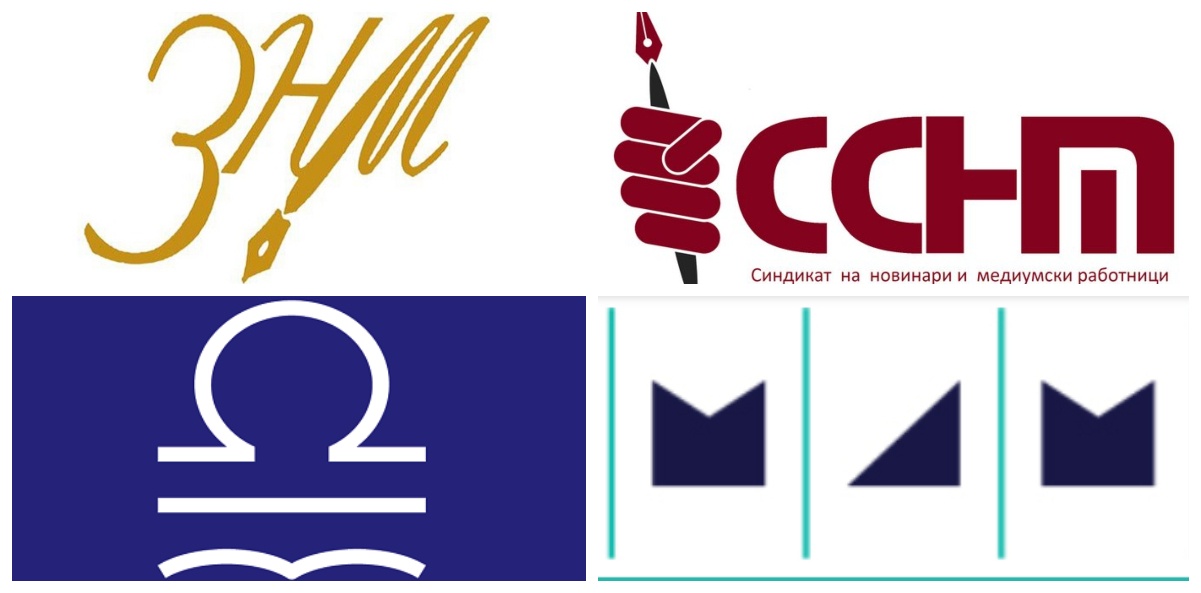
Skopje, 27.01.2021 –
The Association of Journalists of Macedonia (AJM), the Independent Trade Union of Journalists and Media Workers (SSNM), the Macedonian Media Institute (MIM), and the Council for Media Ethics (CMEM) are following with concern the process of amending the Law on Audio and Audiovisual Media Services, initiated by a group of MPs from the ruling majority. This proposal requires the election of members of the Program Council in MRT and the AAAVMS Council in the Assembly of RSM to be by a majority votes of the total number of MPs, instead of a two-thirds majority, as regulated by existing regulations.
It is a fact that due to the principle of a two-thirds majority and disagreements between the ruling coalition and the opposition, this process has so far been blocked in the Parliament of North Macedonia. Still, party differences should not be used as an excuse to disrupt the “merit system” for electing people in these bodies. However, before any changes in voting are considered, it is necessary for the Assembly to make a serious attempt to select new members of the councils through the existing laws to enable the democratic processes to overcome the blockades that were visible. In the last parliamentary composition.
Additionally worrying is that this Law is proposed to be adopted in a fast procedure, without any explanation in the proposal, which leaves no room for public debate or transparency and involvement of stakeholders in its adoption.
The principle of a two-thirds majority in the election of members of the governing bodies of the public service broadcaster and the media regulator is crucial because it reduces the risk of party-political influence in the election of members of these bodies by MPs. The eventual change brings risks for the councils’ future composition, which can be easily replaced with each change of government. This will violate the principle of independence of institutions from politics, which was the primary motive when voting on the current legal solution. The election principle by a two-thirds majority, journalists, and media organizations advocated in 2013 when the media laws were adopted. This principle was supported by experts from the Council of Europe in drafting the Law on Audio and Audiovisual Media Services, which regulates MRT and AAAVMS.